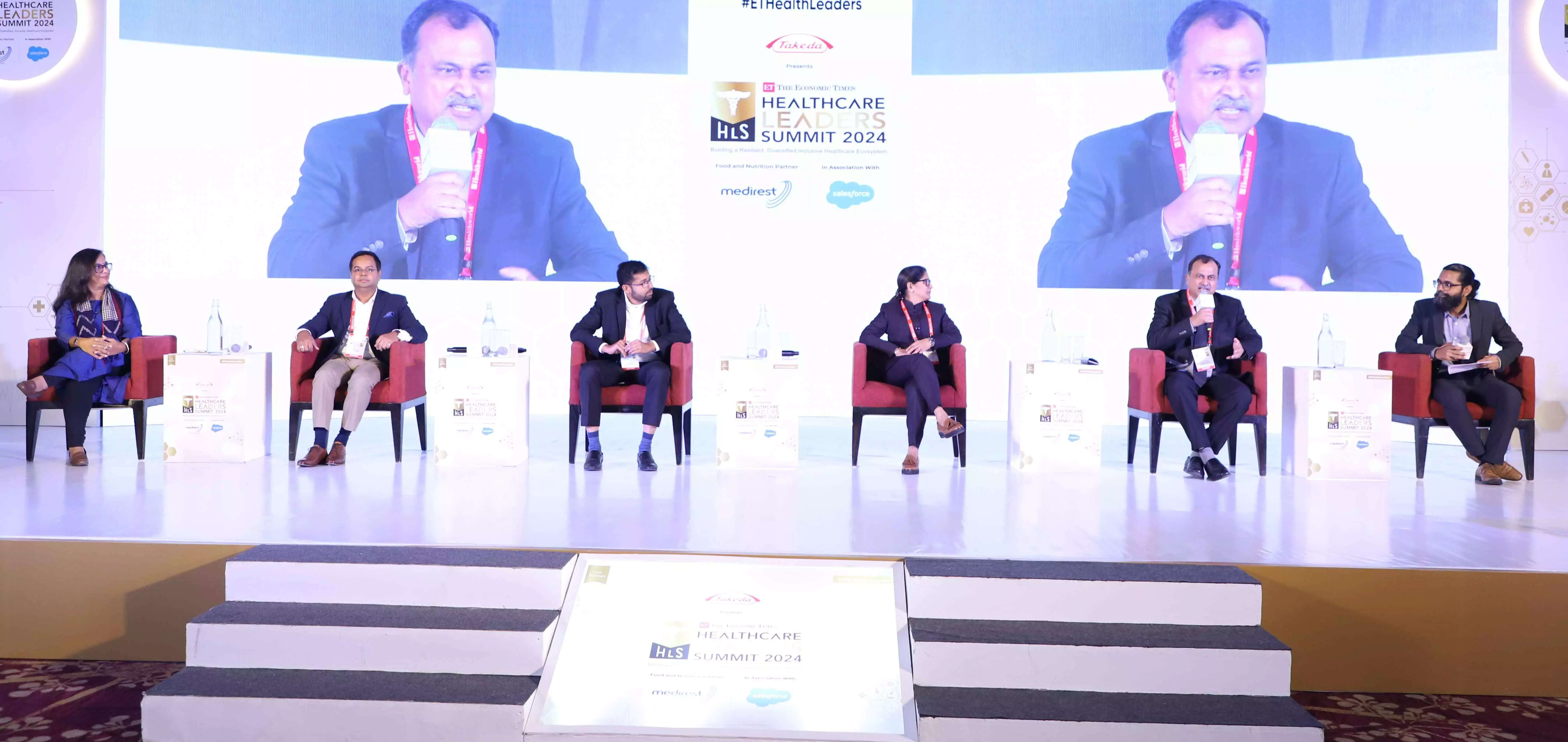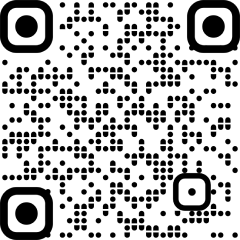
New Delhi: As health challenges become increasingly complex, with symptoms and side effects varying among individuals, the focus is shifting towards personalized care. Healthcare providers are utilizing technological innovations tailored to individual patient needs, aiming to deliver efficient and effective treatments for better outcomes.
In line with this trend, ETHealthworld, at the recently concluded fourth edition of its Healthcare Leaders Summit, hosted a discussion on “From Bench to Bedside: Elevating Patient-Centric Care through Personalisation, Technology Integration, and Innovations.”
The panel featured Archna Gupta, Group Head of Operations and Service Excellence, Apollo Hospitals; Sunit Aggarwal, Chief Operating Officer, Care Hospitals; Ram Prasad N V, Director of Solution Engineering, Salesforce India; Dr. Santy Sajan, Group Chief Operating Officer, Paras Health; and Col. Dr. Sunil Rao, Group Chief Operating Officer, Sahyadri Hospitals. The discussion was moderated by Prabhat Prakash, Senior Content Producer, ETHealthworld.
Opening the discussion, Archna Gupta emphasised leveraging technology to improve hospital operational efficiency. She noted that patients often face challenges with OPD appointments and discharge processes. Technology, such as chatbots, now assists patients in booking appointments in the appropriate departments based on their symptoms, and offers transparency during the discharge process, streamlining the overall experience.
“AI-based software also supports preventive care by creating customized health checks for individual patients, leading to more accurate diagnoses,” Gupta added.
On the integration of technology to enhance both patient experience and outcomes, panelist Sunit Aggarwal explained, “The patient journey often begins with an online search. Hospitals must maintain a strong digital presence, including an updated website, Google My Business profile, and user-friendly interfaces. With these tools, patients can book appointments easily, rather than going through the earlier, more complicated process.”
He also stressed the importance of combining technology with human interaction to fully utilize Hospital Information Systems (HIS) for smooth operational flow once patients arrive. “Hospitals have numerous SOPs, but without a robust technological platform, implementing these protocols is challenging,” Aggarwal noted.
Ram Prasad N V highlighted technology’s dual role in clinical and non-clinical hospital operations. “From a non-clinical perspective, technology aids in patient acquisition, optimizing bed occupancy, and increasing revenue per bed by enhancing brand recall and managing doctor referral networks,” he said. “Clinically, technology helps in integrating patient data, managing call centers more efficiently, and coordinating post-discharge care plans.”
Adding to the discussion, Dr Sajan commented on the shift in healthcare from provider-centered models to patient-centered approaches. “Customer expectations have evolved, making patient experience a top priority,” Dr Sajan said. “Integrated technology—combining HIS with EMR/EHR supported by AI—reduces costs, minimizes redundancy, and optimizes resources while ensuring a patient-centric experience.”
Col.Dr Sunil Rao emphasized the underutilisation of technology in Indian hospitals. “Our hospitals still rely heavily on human expertise, but as operational costs rise, there’s a greater need to reduce workforce strain and costs. IT solutions, like AI-based tools, help reduce emergency codes and predict strokes,” he shared.
Concluding the discussion, Dr Sajan stressed, “Personalisation in healthcare is no longer just a buzzword—it’s our present and future. The key to effective personalization is standardization. We must standardize current and upcoming innovations to minimise variability and truly achieve high-tech, high-touch patient experiences.”







